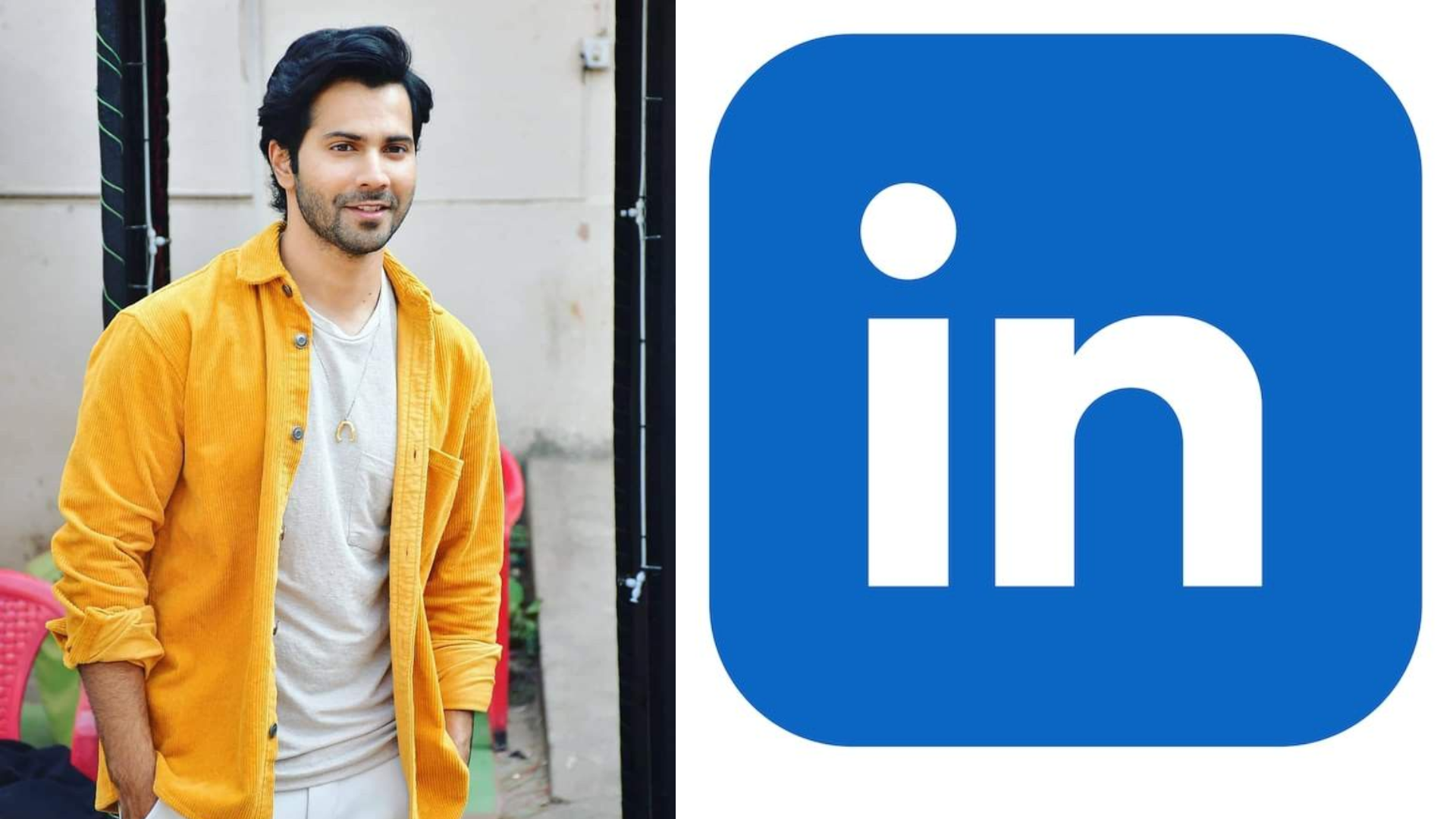As Donald Trump secured a historic comeback in the 2024 U.S. presidential election, several former Indian diplomats offered insights on the future of India-U.S. relations. While many expressed confidence that ties between the two countries would continue to strengthen, they also emphasized that Trump’s “highly unpredictable” nature means New Delhi will need to remain cautious and vigilant in navigating the relationship.
Cautious Optimism for India-U.S. Ties
Venu Rajamony, former Indian Ambassador to the Netherlands, shared his belief that the India-U.S. relationship is based on a solid foundation and will continue to grow, owing in part to the strong personal rapport between President Trump and Indian Prime Minister Narendra Modi. He also highlighted the Indian diaspora’s significant role in fostering bilateral ties.
However, Rajamony cautioned that India must proceed “carefully and consciously” as it strengthens its ties with the U.S. “For Trump, it’s always ‘America First’,” he noted, stressing that the U.S. president’s actions will primarily serve American interests, even if they sometimes conflict with India’s. This dynamic could create tensions on issues such as trade or global strategic autonomy, and New Delhi must be prepared for potential “ups and downs.”
Key Foreign Policy Challenges: Russia-Ukraine and China
Rajamony and others also agreed that the Russia-Ukraine war would be a central focus for Trump as he takes office, with the potential for him to address the conflict before his official inauguration. The ongoing tensions in Gaza and broader Middle East instability are also likely to demand Trump’s attention.
“Trump has a number of foreign policy issues on his table,” Rajamony remarked, noting that Trump’s approach to China—whether it will be cooperative or competitive—remains uncertain. As Rajamony stated, “He is highly unpredictable. We will have to wait and watch to see what position he adopts.”
Immigration and Domestic Tensions
K.P. Fabian, former Indian Ambassador to Italy, suggested that Trump’s foreign policy priorities, including the situation in Ukraine, would weigh heavily on his mind even before he formally assumes office. On domestic policy, Fabian pointed out that immigration and border control had been key issues during the campaign, factors that had undoubtedly shaped voters’ decisions.
Rajamony highlighted that Trump’s stance on immigration could escalate tensions, particularly as it relates to minority and immigrant populations. He cautioned that anti-immigrant sentiments might escalate under Trump’s second term, which could affect how India is treated in the U.S. going forward. “Anti-immigrant and anti-minority sentiments could spiral against India. We need to be wary and careful of that,” Rajamony warned.
Strategic Relations and India’s Autonomy
Despite these concerns, there was a consensus among the diplomats that Trump would continue to support a closer strategic relationship with India, especially given shared concerns over China and other regional threats. However, they also emphasized the need for India to preserve its strategic autonomy, carefully balancing its engagement with the U.S. to avoid becoming too closely aligned with American policies that may not align with India’s interests.
As Rajamony concluded, “We must carefully and consciously move forward while doing everything possible to strengthen the relationship.”
A Wait-and-Watch Approach
The former diplomats agreed that while the India-U.S. partnership is likely to remain strong under Trump’s second term, much remains to be seen. With Trump’s unpredictability, New Delhi will need to stay alert and responsive to shifts in American foreign policy, particularly in relation to key global issues such as the Russia-Ukraine conflict and China. The coming months will be crucial as Trump begins to form his foreign policy team and takes his first steps in the White House.
Read More : Donald Trump’s Remarks On “Wars” In His Victory Speech
















